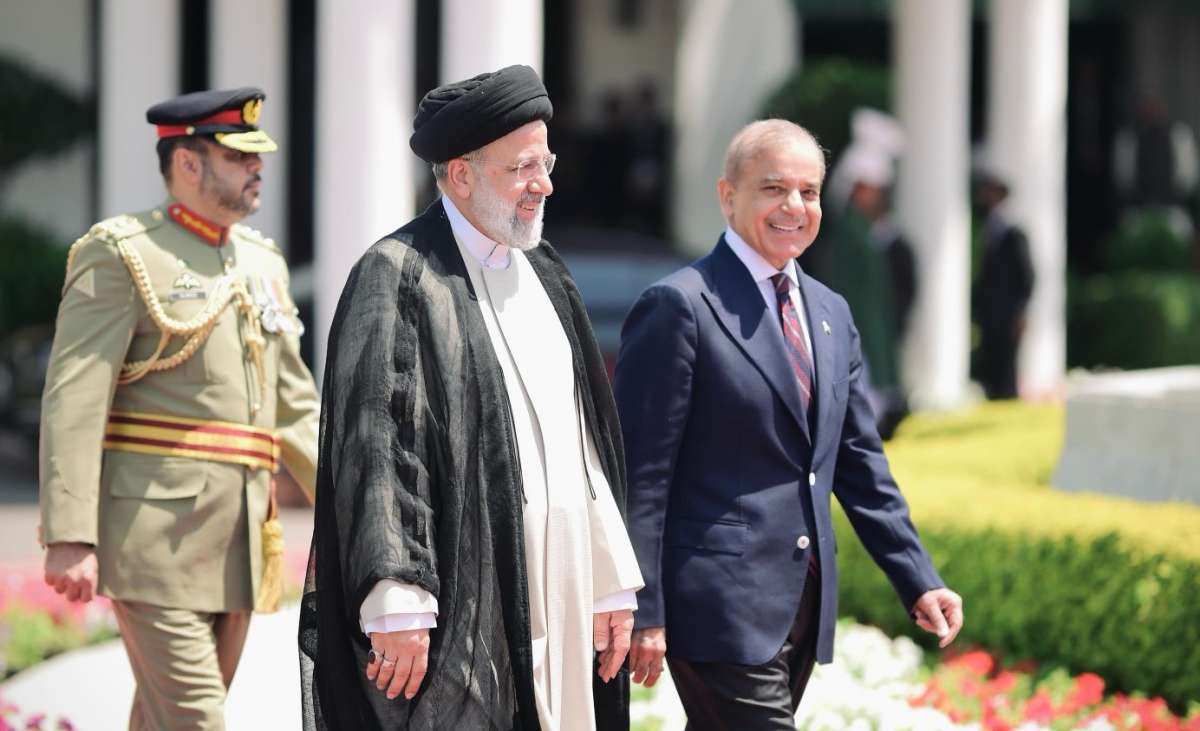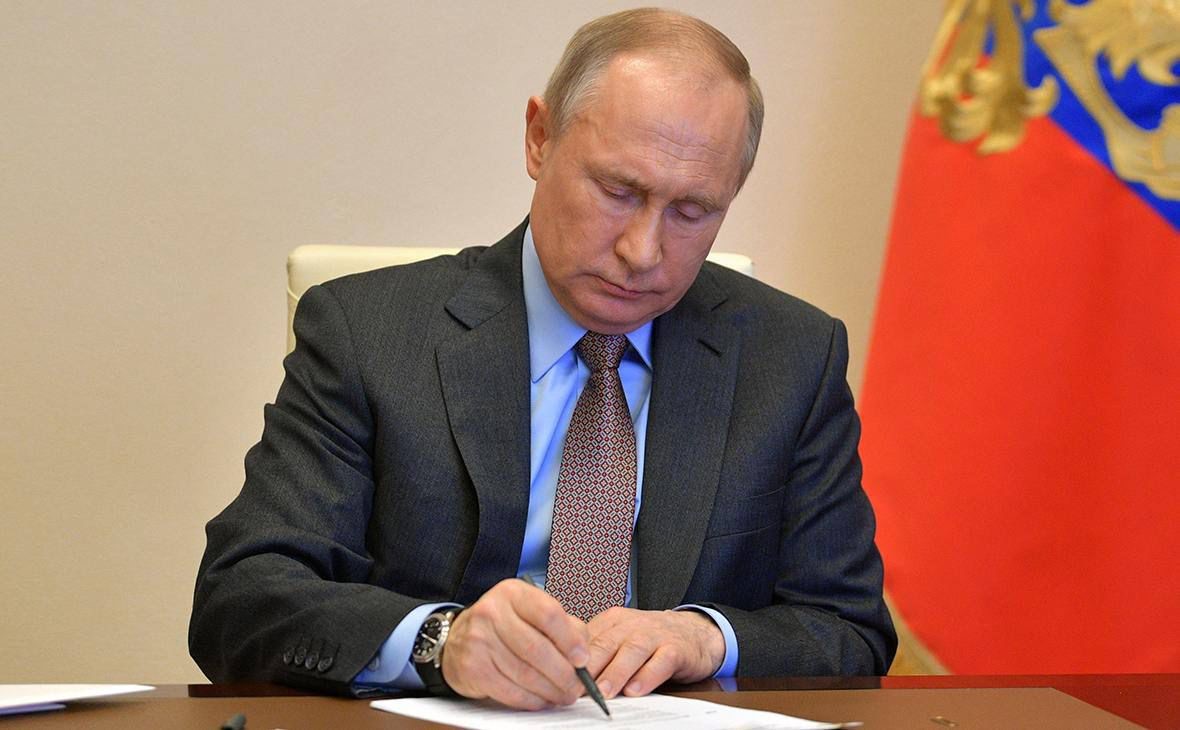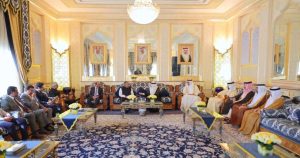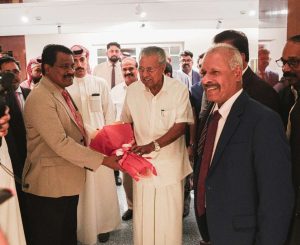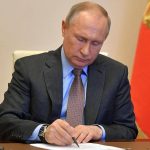The three-day visit of Iranian President to Islamabad in the context of the Israel-Hamas conflict is of great significance not only for the Middle East but also for the wider geopolitics that is marked by a clear drift towards a new Cold War between the US-led West and the China-Russia axis, writes D.C. Pathak
The Middle East is in a situation of flux because of the recent exchange of drone and missile attacks between Iran and Israel, an important visit to Pakistan made by the Iranian President following these events, and the fallout of Israel-Hamas conflict that produced pro-Palestinian demonstrations in the US and elsewhere in the Muslim world.
This is opening up the question as to what impact are the religious divides in the region making on the ideologically delineated Cold War that was already on the horizon involving the US-led West on one hand and the China-Russia axis, on the other.
The old political rivalry between the two strong players in the region, Israel and Iran, took a violent turn when Israel — opposed to the rule of Bashar Al Assad, the Alawite President of Syria — made a missile attack on Damascus on April 1 in which Iran’s diplomatic mission was hit and seven officers of the Islamic Revolutionary Guards Corp were killed.
Iran retaliated on April 13 by firing missiles at Israel that were mostly shot down by the Iron Dome Defence system of the latter and a few days later on April 18 Israel responded by making a drone attack on Isfahan that reportedly did not cause any significant casualties.
There was an element of restraint on both sides which stemmed from a combination of factors — Iran weighing in the US support for Israel and Israel sensing the limitations on American backing put by the international criticism of the loss of civilian lives in Gaza at the hands of Israeli Defence Forces.
In fact, in the Joe Biden administration, the White House was contemplating measures to balance its support to Israel with an effort to counter any Islamophobic trends that the Israel-Hamas conflict could produce following the October 7 ‘terror’ attack of Hamas on Israel. The US is also at the same time, having to deal with pro-Palestinian demonstrations held in the country, particularly on the university campuses there.
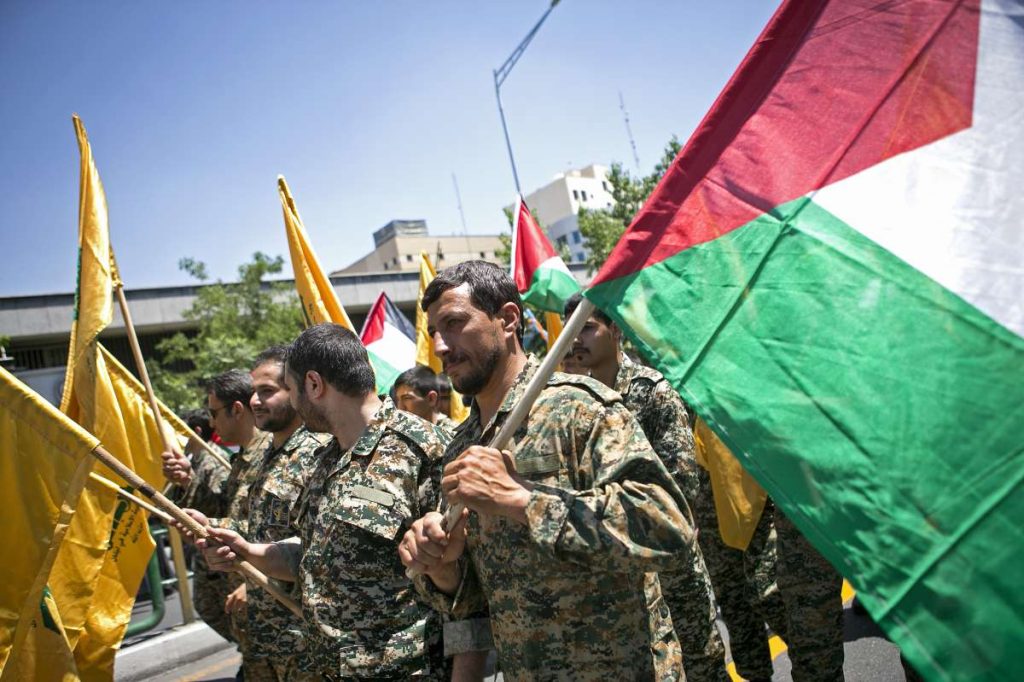
Iran and Pakistan, the two neighbouring Islamic countries — though inherently prone to the repercussions of the historical Shia-Sunni divide, have maintained a cautious line of peaceful relationship that could even overcome the incidents of exchange of missile attacks between them in January this year.
The Sunni Islamic radical outfit Jaish Al Adl based in Baluchistan intruded into the adjoining Sistan area of Iran whereupon Iran fired missiles on the outfit’s base in Baluchistan — inviting in return, a retaliatory military strike from Pakistan that seemed somewhat symbolic.
In the background of the Israel-Hamas conflict, Iran was getting politically drawn to the China-Russia combine — it had already extended military help to Russia by way of supply of drones to the latter during the Ukraine-Russia ‘war’.
Pakistan on its part, has historically been opposed to the creation of a Zionist state and maintains no diplomatic relations with Israel even today.
Pakistan has a strong strategic alliance with China but has managed to be on the right side of the US after playing the role of a mediator in the talks between the Taliban and the US at Doha that resulted in the withdrawal of American troops from Afghanistan and the reinstallation of the Taliban Emirate at Kabul in 2021.
Pakistan is also a key member of the Organisation of Islamic Conference (OIC) and has been extremely close to Saudi Arabia, the Chairman of this block of 57 Islamic countries.
Sunni radicals consider the US and the Shiites as their enemies and would abhor the idea of Pakistan getting close to the US. Pakistan, however, has struck an equation with radical outfits like the Taliban, Al Qaeda and the Islamic State of Iraq and Syria (ISIS) which are inimical to the US, Saudi Arabia and the Ayatollah regime of Iran, alike.
For Iran, friendship with Pakistan is strategically gainful for maintaining its hold in the Middle East against its main rival Israel — it is aware that left to itself Pakistan did not harbour any faith-based antipathy towards Iran.
The three-day visit of Iranian President Ebrahim Raisi to Islamabad from April 22 in the context of the Israel-Hamas conflict — particularly after the exchange of missile attacks between Iran and Israel — is of great significance not only for the Middle East but also for the wider geopolitics that is marked by a clear drift towards a new Cold War between the US-led West and the China-Russia axis.
It is interesting how this political polarisation at the global level is getting bolstered by the religion-based alignments within the Muslim world in general and the Middle East in particular.
Iranian President clearly wanted Pakistan’s support in its confrontation with Israel even as both Iran and Pakistan were aware of the US opposition to any trade pacts between them.
The prolonged military action of Israel in Gaza has revived the fundamental antagonism between the Zionist state and Islamic Palestine.
The anti-US character of Shia fundamentalism and the pro-Assad stand of Iran in Syria have pushed Iran closer to Russia and China.
It is interesting, however, that radicalisation in the Islamic world is a cause for concern for both the US and Russia.
The US hopefully would have learnt the lesson that for political convenience in the past — in the context of the American banking on Pakistan for dealing with post-Soviet Afghanistan — it had made a strange attempt to draw a distinction between ‘good terrorists’ and ‘bad terrorists’ which had only added to the threat of faith-based terror from radicalised forces facing the world.
The US had tried to distinguish between Islamic radical outfits that considered it as their prime enemy and the terrorist groups reared and directed by Pak ISI for use in cross-border terrorism against India but it perhaps realised in the course of time that Pakistan was in fact also giving shelter to Taliban, Al Qaeda and ISIS on its soil.
President Biden’s White House is now concerned over the fallout of Israeli action in Gaza that had killed more than 30000 civilians in Palestine — pro-Muslim demonstrations in the US and outside might be weakening the US position in the Middle East and conferring a certain advantage to Russia and China there.
The US has to understand that multi-prong measures were needed to isolate the ‘radicalised’ forces by convincing the Islamic world that recourse to Jehad was not needed for solving any political issues. This is a challenge requiring the US and India to closely work together.
The injection of religion into international politics and the advent of faith-based violence in many theatres are posing a great danger to the democratic world order.
The identification of Israel with the US has accentuated the hostility of radical Sunni forces and the Shiite fundamentalists both, against the former. The position of pro-US Arab countries like Saudi Arabia and Egypt could get weakened if the military action of Israel in Gaza was further escalated leading to the destruction of civilian lives there.
India has taken an independent stand both in the Ukraine-Russia military confrontation and the Israel-Hamas conflict, favouring peaceful negotiations that would show an understanding of the security concerns of both Ukraine and Russia and in the case of Palestine uphold a two-state solution.
In the Middle East, advocates of Jehad pushed ‘revivalism’ to the point of stirring up the historical memory of Kharijites and have carried Shia-Sunni strife to a new level. They should be shunned and those who convincingly worked to establish Islam as a peaceful religion in the region, given discreet support.
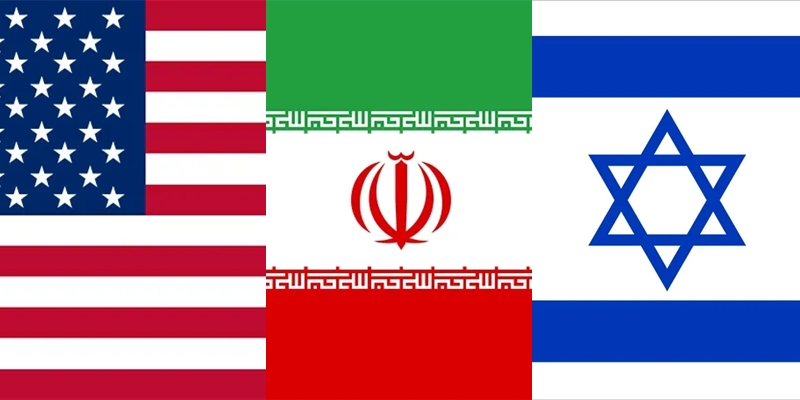
While India would stand for all of that, its concern is that Pakistan would independently promote a narrative in the name of peace that there should be a resumption of Indo-Pak talks.
India has to take due notice of the fact that during the visit of Pak Prime Minister Shehbaz Sharif to meet Saudi ruler Prince Mohammad bin Salman, their joint statement issued at Mecca on April 7 last, stressed the importance of dialogue between Pakistan and India to resolve their outstanding issues especially the J&K dispute ‘to ensure peace and stability in the region’.
Also, on the recent visit of Iran’s President to Islamabad, a more elaborate joint statement issued on the occasion expressed that there was a need to resolve the issue of Kashmir through dialogue and peaceful means “based on the will of the people of that region and in accordance with international law”.
India should have no difficulty in reminding the world that Pakistan continued to harbour terrorists who attacked India, on its soil and reiterating that ‘talks and terrorism could not go together’.
It can be seen, however, that Pakistan always tried to get traction in the Islamic world by projecting Kashmir as a Muslim issue.
India’s foreign policy of opting for bilateral or even multilateral friendships that were mutually beneficial for both security and economic development and that served the cause of world peace fits in well in the current geopolitics where ideological and religion-based divisions were producing new alignments and uncertainties.
The natural friendship between the US and India — the two largest democracies, has to be kept on a strong footing particularly because of the complete convergence the two countries had on the threat from China.
The US proclivity to uphold the cause of Pakistan as a potential ally makes it incumbent for India to reach a deep understanding with Russia and the Central Asian Republics on the danger of ‘radicalisation’ that was getting a fillip because of the duplicitous role of Pakistan in sustaining the Islamic radical outfits on its soil.
India has to independently counter the threat of minority separatism encouraged by anti-India lobbies and safeguard its internal security.
India is doing well in pursuing technological advancement for economic development as well as defence and this should continue to be the raison d’être of its bilateral friendships. All this goes with an assertive role that India as a world power must play on issues of global peace and human advancement. It should also be upfront about countering any outside interference in the domestic matters of democratic India.
(The writer is a former Director of the Intelligence Bureau. Views are personal)
ALSO READ: Biden to meet Jordan’s King as Gaza ceasefire hopes dim
ALSO READ: Israeli Airstrikes Hit Eastern Rafah, Gaza

